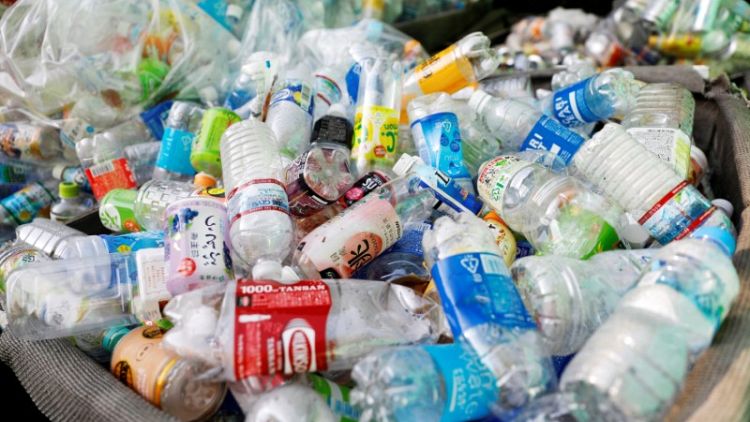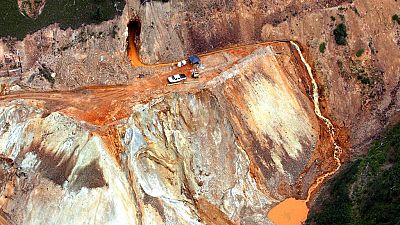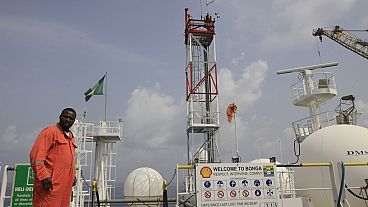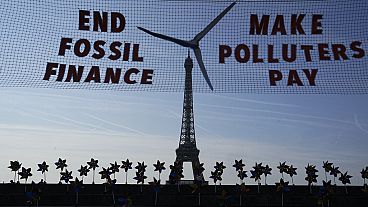By Lisa Baertlein
(Reuters) - Major packaged goods sellers and retailers, under pressure to cut the flow of single-use plastic bottles and containers clogging the world's waterways, have teamed with recycling and shipping firms on an e-commerce service that puts a twist on the old-fashioned milkman.
Called Loop and announced at the World Economic Forum in Davos on Thursday, it delivers products such as orange juice, shampoo and laundry detergent in reusable glass and metal bottles to shopper doorsteps and retrieves the empties for cleaning and reuse.
Launch partners include recycling firm and Loop parent TerraCycle; shipper United Parcel Service Inc <UPS.N>; consumer packaged goods sellers Procter & Gamble Co <PG.N>, Unilever Plc <ULVR.L>, PepsiCo Inc <PEP.O> and Coca-Cola European Partners Plc <CCEP.N>; and retailers Carrefour <CARR.PA> and Tesco Plc <TSCO.L>. Loop's unveiling comes just months after China's decision to stop collecting and processing plastic waste escalated alarm over environmental damage to the world's oceans. The service launches in May with projects in Paris and the New York/New Jersey/Pennsylvania area. A UK program is slated for later in 2019, with Toronto, Tokyo and California to follow next year.
Users order products online and put down fully refundable deposits for the reusable packaging. They can wipe out shipping fees of $15-$20 by including about seven items in their order, said Tom Szaky, chief executive of recycling firm and Loop parent company TerraCycle.
Plastic production has surged over the last 50 years, leading to widespread use of inexpensive, disposable bottles, cups, takeaway containers and other products.
Government bans on products like single-use plastic water bottles, shopping bags and polystyrene cups have sent retailers and consumer goods companies searching for solutions.
Loop's Paris retail partner Carrefour will test and tweak the program ahead of the official launch.
"It will surprise me if it works on day one," said Carrefour Secretary General Laurent Vallee, who added that Loop challenges industry and consumers "to act, to think and to buy differently."
PepsiCo will start a 5,000-household Paris project with Tropicana orange juice in glass bottles and Quaker Chocolate Cruesli cereal in steel containers, said Simon Lowden, president and chief marketing officer of global snacks and insights.
Lowden and other executives vowed to use their companies' scale and marketing muscle to support the project, but declined to quantify financial investments.
P&G's Loop contributions include Tide purclean laundry detergent in stainless steel bottles and Pampers diaper recycling.
Loop's refundable deposits in Europe range from 0.25 euros for a Coca-Cola 200 ml bottle to 47 euros (40.86 pounds) for Pampers recycling, TerraCycle said.
Virginie Helias, P&G's chief sustainability officer, said the company will monitor Loop demand before investing in comprehensive package redesign projects.
Likewise at Nestle, which designed a stainless-steel Haagen-Dazs ice cream container designed for Loop's New York-area project, Kim Peddle Rguem, Nestle USA's ice cream president.
(Reporting by Lisa Baertlein in Los Angeles; Editing by Lisa Shumaker)



